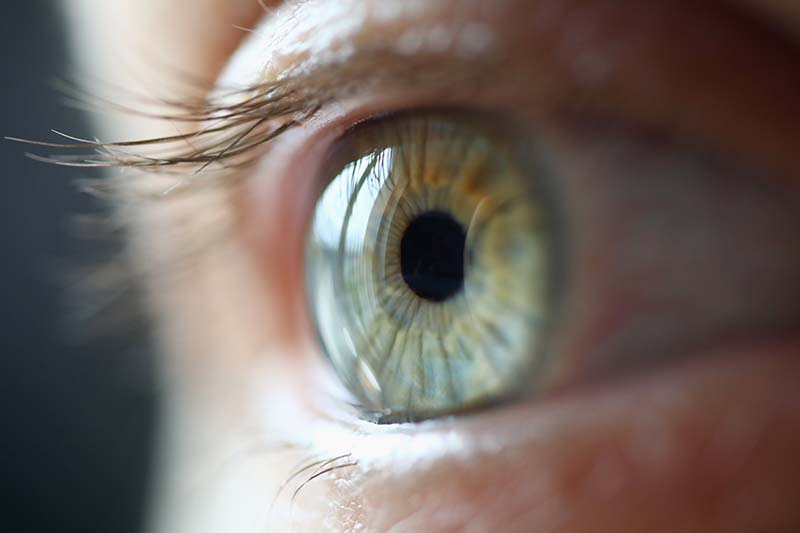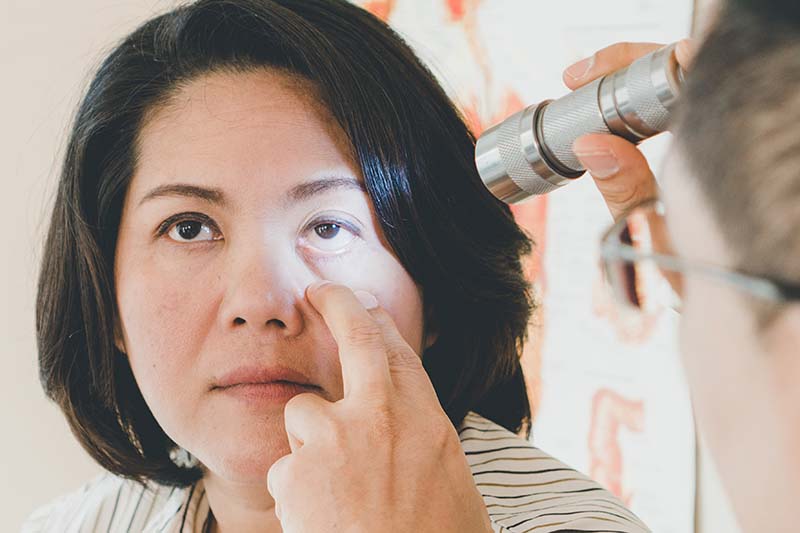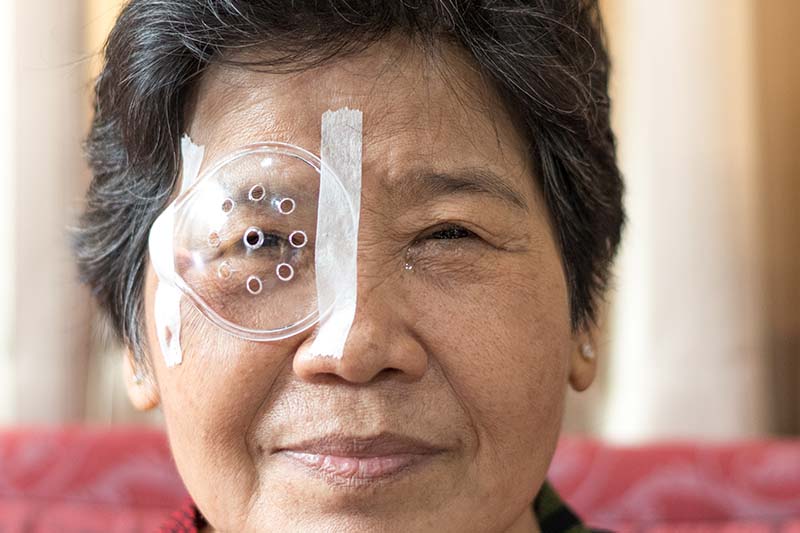Ocular Disease Management

Maintaining your eye health is vital to upkeep the quality of your vision and quality of life! There are many different types of eye diseases that can affect your eyesight. Some of which, if not treated early on, may have long-term consequences; which make it that much more important to regularly see your eye doctor.
Many vision problems can begin with no symptoms. However, your eye doctor will be able to notice any early signs of eye disease before they impact your vision. Your optometrist is an important first line of defense against vision-impairing eye diseases!
Please book an appointment for an eye exam today if you have any eye health concerns.
Glaucoma
Glaucoma is a disease that progressively damages the optic nerve. It often develops with no symptoms in its early stages. Glaucoma is often called “the silent thief of sight” as it can cause severe damage before you notice any major changes to your vision.
Glaucoma is characterized by high intraocular pressure. Over time, this pressure causes optic nerve damage, which can sever the connection between your eyes and your brain causing a loss of vision.
Several factors can put you at increased risk for glaucoma such as:- Thinner than normal corneas
- Diabetes
- Over the age of 40
- Family history of glaucoma
- High blood pressure
- Certain medications, like those for bladder control or seizures

Your eye doctor will be able to notice any early signs of eye disease before they impact your vision

Cataract
As we age the proteins in our eye’s lens can start to break down and clump together creating an opaque area called a cataract. This clouding can grow over time and impact your vision.
There are several indications that someone is developing a cataract:- Halos around lights
- Blurry, cloudy, or dim vision
- Frequent changes in prescriptions
- Increased difficulty seeing at night
Early on, cataracts can be corrected with eyeglasses or contact lenses. As cataracts continue to develop, the only treatment is surgery. However, if your optometrist decides you need surgery, don’t worry! Cataract removal surgery is very safe and effective. Our optometrists will be there for you every step of the way and answer all of your questions.
Age-Related Macular Degeneration (AMD)
Age-related macular degeneration is one of the leading causes of vision loss in people over 60. AMD is a progressive retinal condition that usually occurs at 55 years or older as a result of the macula breaking down over time. The macula is the part of the eye responsible for central vision and making out fine details. There are 2 main types of age-related macular degeneration:
Dry AMD: Dry AMD is the most common form of AMD and can impact one or both eyes. It can progress slowly and without any pain.
Wet AMD: Dry AMD can progressively turn into Wet AMD. This occurs when abnormal blood vessels leak fluid into the macula. Only 10% of those with AMD have this type.
Early signs of AMD include:- Loss of color vision
- Straight lines that appear wavy
- Dark, blurry areas in the central vision
- Smoking
- Family history of AMD
- Obesity
- Cardiovascular disease




